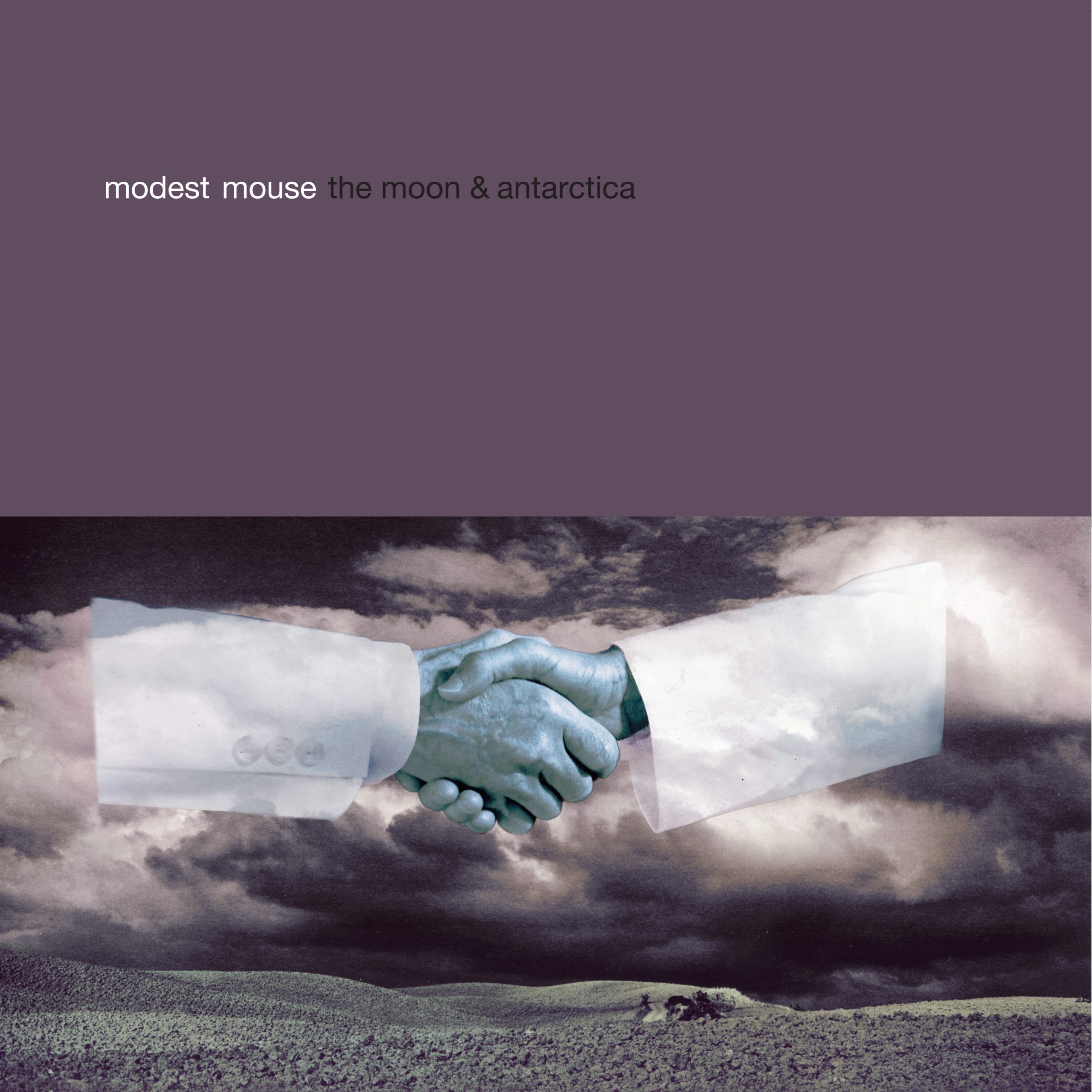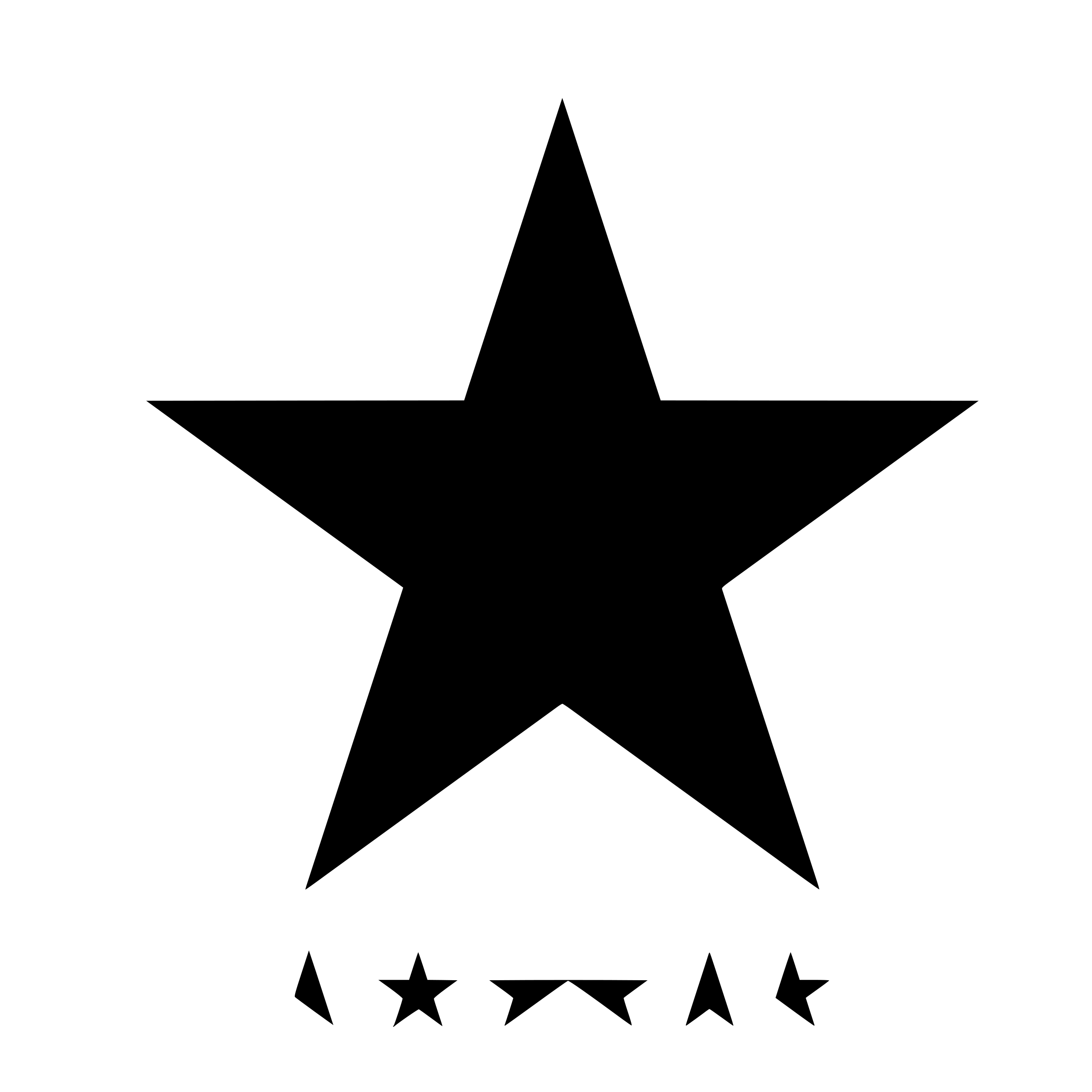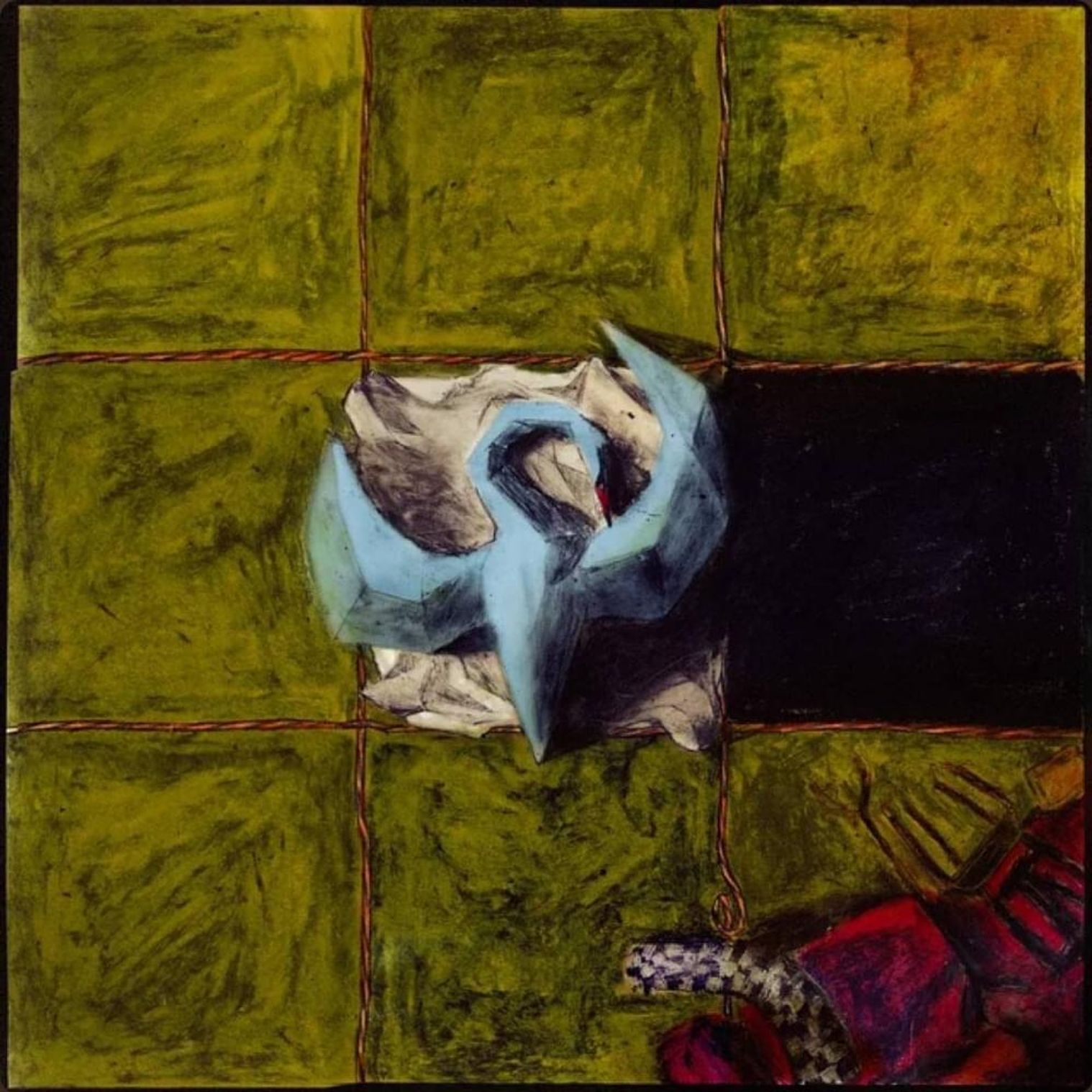Modest Mouse were epic before they signed to Epic. Both of the Issaquah, Washington indie band's first two proper LPs pushed the limits of the compact disc. At about 74 minutes each, these albums were journeys. They tested you. The first was literally called This Is A Long Drive For Someone With Nothing To Think About, though highlights like "Dramamine" and "Talking Shit About A Pretty Sunset" offered sufficient fodder for contemplation. The second, the instantly legendary The Lonesome Crowded West, was a long-distance drunk drive across mountain ranges dotted with soul-sucking strip malls. It cemented Modest Mouse as one of the most ambitious units in underground rock and Isaac Brock as the poet laureate of cantankerous, self-loathing "redneck logging town" intellectuals.
The Moon & Antarctica was a different kind of trip. Released 20 years ago this Saturday, Modest Mouse's major-label debut maintained much of the style, spirit, and sprawl of the group's indie output. But instead of Cascadian highways and trailer parks, this voyage traversed time, space, and the metaphysical realm, all from the discomfort of home. Holed up between paper-thin walls and looking out the window of his color TV, Brock drifted through snowy barren wastelands, toward tiny cities made of ashes, and all the way up to the stars projecting our lives back down to this planet. The opening track alone zoomed out from "the oceans in our bodies" to the outer reaches of the universe -- which, as Brock will tell you, is shaped exactly like the Earth -- all in the context of the band's prettiest pop song to date. (Naturally, it's about grieving a miscarriage, and hating yourself, and scoffing at the notion of God.) Groomed yet still feral, clear-eyed even at its most hallucinogenic, Moon was the bridge between Modest Mouse's DIY past and superstar future.
The first two Modest Mouse full-lengths were released on Up Records, the Pacific Northwest mainstay that also helped to launch Built To Spill, Quasi, and 764-HERO. Up also released several of the Modest Mouse EPs and compilations scattered across the mid-to-late '90s. Most of the rest came out on K Records, the label run by scene pillar Calvin Johnson of Beat Happening, who recorded Modest Mouse's first EP at his Dub Narcotic Studios back in 1994. Johnson later co-produced The Lonesome Crowded West, taking over for Seasick Steve, the local bluesman and Kurt Cobain associate who'd helmed This Is A Long Drive. There was also a Sub Pop single somewhere along the way. Modest Mouse were, in other words, firmly entrenched in a lineage of Washington state indie royalty.
Their sound reflected it, too. Like Cobain, Brock owed an obvious debt to the Pixies' kamikaze pop-rock -- drawling and meditative one moment, hurtling into howling catharsis the next. At its gentlest, his voice evoked the quivering whimpers of Built To Spill's Doug Martsch, but Brock's bark was far more ferocious and unhinged. Bandmates Eric Judy (bass) and Jeremiah Green (drums) were groovier than most of their peers -- they sometimes resembled a basement hardcore version of Talking Heads' jittery rhythm section -- yet they still made sense within the scraping clatter that defined Evergreen State exports from Unwound to Sleater-Kinney to the gods of grunge.
This aesthetic had reached its pinnacle on The Lonesome Crowded West, a tour de force on which Modest Mouse came roaring out of the gate and proceeded to show just how many maneuvers they could pull off without losing their queasy, combustible sense of self. Clandestine pop songs? Oh yes. Folksy twee ballads? You got it. DJ scratches? Sure, why not. All the while Brock raged against "the paving of the West," encountered characters like the dangerously churlish Cowboy Dan, and coped with his existential despair by "trying to drink away the part of the day that I cannot sleep away." The scope would have been audacious coming from a seasoned veteran, and Brock was only 22.
Less than three years later, The Moon & Antarctica found him further emboldened but also mellowed out to an extent. There were still raw and explosive rock songs, especially the album's seething finale "What People Are Made Of" -- a jarring conclusion to a sometimes trance-inducing collection, and one of the all-time greatest exclamation-point closing tracks. Gnarled folk digressions persisted, like "Wild Packs Of Family Dogs," on which Brock's pet takes up with a gang of no-longer-domesticated animals and eats his sister alive. This wasn't the deflating crossover move fans once feared when indie bands signed to a major, a fate that would sadly befall Modest Mouse eventually. Yet sonically and stylistically it was a major pivot.
The band had hired Brian Deck of Chicago neon-junkyard experimentalists Califone and Red Red Meat to produce The Moon & Antarctica. A group that had once upon a time rehearsed and recorded in an old shed outside Brock's mother's house now moved into an apartment above Deck's new Clava Studios for months, putting their major-label budget to good use. (During the sessions, Brock famously broke his jaw after allegedly getting sucker-punched during a night on the town, but unlike noted Chicago native Kanye West, he did not record any vocals while it was wired shut.) Together Deck and Modest Mouse built a vast alternate reality, recasting a scrappy, visceral rock band in vivid hi-fi and deploying the studio as an instrument in illuminating, disorienting ways. It was still unmistakably Modest Mouse, but brighter, smoother, and more translucent, as if they'd shined some supernatural blacklight on their miserable existence and revealed layers of unseen spiritual activity.
The group's prior records contained ample references to alcohol, but this was drug music through and through, full of stoner epiphanies and lysergic visions. Moon began on a contemplative note with two of the most gorgeous Modest Mouse songs ever: the graceful, deceptively buoyant "3rd Planet" and "Gravity Rides Everything," a deep dive into melancholy so accessible that it later soundtracked a minivan commercial. Yet the noisy disco-rock novelty "Tiny Cities Made Of Ashes" -- a polarizing creative leap that preemptively rewrote the Rapture's "House Of Jealous Lovers" as a Cake song -- was the one that caught on at alternative radio. Punchy rock songs like "A Different City" and "Paper Thin Walls" now faintly glowed in a way that only slightly tempered their blunt-force impact. Modest Mouse had been serving up multi-part sagas for years, but with their orchestral flourishes and studio trickery, suites like "The Stars Are Projectors" and "Life Like Weeds" were less like virtuoso punk songs than inter-dimensional transmissions. From the woozy interlude "Perfect Disguise" to the minimalist doom spiral "Lives," every track seemed to breathe a celestial sigh.
The lyrics throughout were every bit as dazzling as the arrangements and production. Before moving to Issaquah as a preteen, Brock grew up in Montana in a Christian sect with ties to the Branch Davidian cult. His songs had always coursed with questions about God and the afterlife, animated by the wounded disaffection of a skeptic who longs to see their suffering redeemed but will settle for numbing it into oblivion. That focus moved into the foreground on The Moon & Antarctica.
Just as "Teeth Like God's Shoeshine" had introduced The Lonesome Crowded West's rancor toward the "mall-fucked" Northwest, "3rd Planet" set the stage for this album's embittered explorations of the divine. It began and ended with a self-condemnation -- "I got this thing that I consider my only art, of fuckin' people over" -- a line that can feel extremely dark in light of the later-recanted rape allegation Brock faced a few months before recording began. Soon he was spinning visions of "baby cum angels" and other beings he's fairly certain do not exist: "The third planet is sure that they're being watched/ By an eye in the sky that can't be stopped/ When you get to the Promised Land, you're gonna shake that eye's hand." The music was so lush, the imagery so surreal, that you could go years without noticing the song's fundamental desolation.
The rest of The Moon & Antarctica made sure to hammer home that spirit of discontent, presenting a portrait of an aching soul adrift in uncertainty. "I don't know, but I've been told, you never die and you never grow old," Brock sang on "I Came As A Rat," flipping a military chant into a koan. "Alone Down There" imagined the devil beckoning him to hell, while "The Stars Are Projectors" shook a fist at the heavens: "In the last second of life/ They're gonna show you how/ How they run this show/ Sure, run it into the ground." Once the perversity of its premise wore off, "Wild Packs Of Family Dogs" conveyed the malaise and resignation of back-row American life in a breathtaking swirl of mothers "cryin' blood dust" and dead canines ascending skyward to "receive their reward." Repeatedly, Brock rattled off critiques about humanity's frustrating indecisiveness ("Everyone's afraid of their own life") and delusional self-regard ("Everyone wants a double feature/ They wanna be their own damn teacher"). And he never spared himself: "Well it took a lot of work to be the ass I am," he professed, "And I'm really damn sure that anyone can/ Equally, easily fuck you over."
Such unrelenting pessimism, couched in songs dense with musical and philosophical ideas, sequenced into a bleak and punishing tracklist that feels far longer than 59 minutes: The Moon & Antarctica can be quite the trudge when you're not in its headspace. Even at the peak of their radio-friendly visibility, Modest Mouse were never a breezy lot, so of course indulging their artsiest impulses resulted in a sweeping, challenging creative statement. But the drudgery mixed up into the reverie might actually be the point: Life is long, hard, weird, and ugly, and still we stubbornly insist on wringing beauty from the struggle. Perhaps Brock's greatest self-own of all was constructing a monument to human futility so stunning that it threatens to prove itself wrong.






